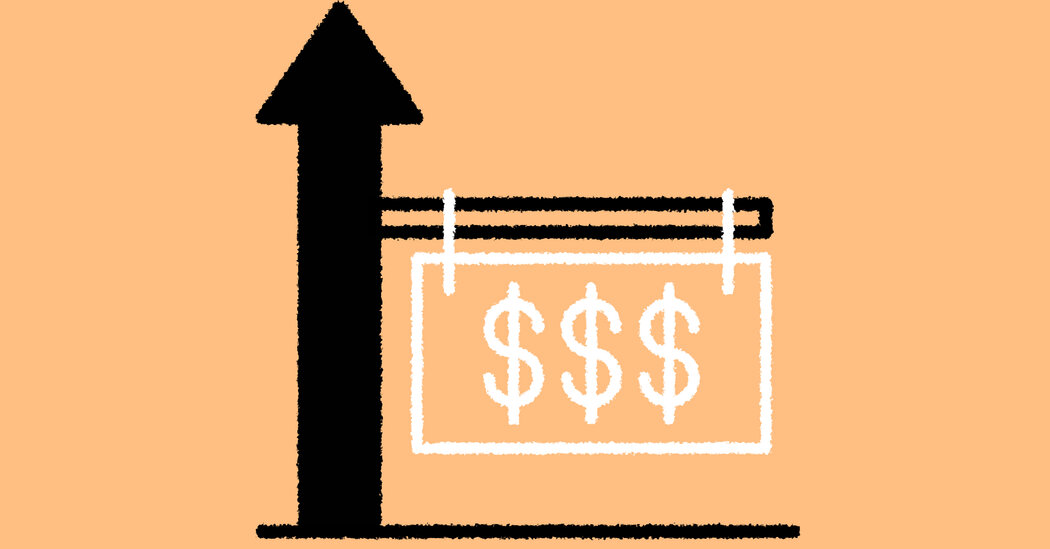How are you? (April 10-16)
High mortgage rates, high prices
Mortgage rates rose to 5 percent for the first time in more than a decade, the kind of hike that has troubled the housing market in the past. But in the current climate, the impact of the higher rates is uncertain. During the pandemic, many people, with extra savings in their pockets and looking for more space, are bidding on house prices. That, combined with supply chain problems that slowed the construction of new homes, created competition and made it difficult to source new homes. The supply of houses for sale remains extremely low and there are still more interested buyers than there are houses. But if the market isn’t feeling the sting, potential homebuyers certainly will, especially those already struggling with the rising costs of food, gas, cars and other daily necessities.
Elon Musk wants to take over Twitter
In less than two weeks, Elon Musk bought a more than 9 percent stake in Twitter, joined the board, left the board and has now submitted an offer to buy the company for $43 billion. In a filing Thursday with the Securities and Exchange Commission, Mr. Musk said he did not “play the back and forth game” and went “right to the end” with his offer. But there seems to be some “back and forth” ahead. Twitter’s board on Friday passed a so-called poison pill to thwart Mr Musk’s bid to take over the company. Mr. Musk has said he has a plan B if Twitter turns down his offer, but despite this, he is likely to face intense scrutiny by the SEC, especially given his history of trouble with the agency and a new lawsuit accusing him of delaying his disclosure of his interest in Twitter. Mr. Musk has repeatedly expressed a desire to make Twitter content less moderated, and in his submission Thursday said he does not trust the site’s current leadership to make free speech a priority on the platform.
Prices rise
Inflation reached 8.5 percent in the United States in March, registering the effects of the war in Ukraine, which pushed gas prices up. That was the fastest rate of inflation in 12 months since 1981. But economists say March may be a peak as fuel costs begin to fall and some researchers expect consumers to stop buying so many goods. And a bright spot in the report was that core inflation, which isn’t distorted by volatile food and fuel prices, was slightly lower in March than the month before. Lael Brainard, a Federal Reserve governor, said it was “very welcome” to see moderation in that number.
What’s next? (April 17-23)
Can Russia pay?
Russia is facing a payment deadline and may be unable to meet its obligations due to Western sanctions. This month, the Russian government repaid about $650 million in ruble dollar-denominated debt. As a result, S&P Global placed the country under a “selective default” rating. Moody’s, another rating agency, said Thursday that the country could be considered in default if it does not find a way to repay its foreign currency bonds in dollars instead of rubles. Russia has a 30-day grace period to come up with the dollar-denominated money, but that window closes on May 4, at which point Russia may default on foreign-currency debt for the first time in more than a century.

